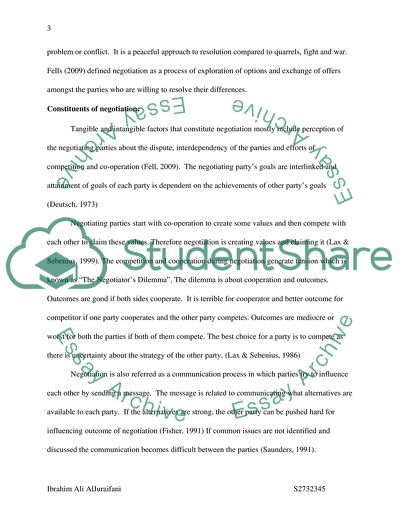Cite this document
(Analysis of Constituents, Complexities of Negotiation Research Paper, n.d.)
Analysis of Constituents, Complexities of Negotiation Research Paper. Retrieved from https://studentshare.org/psychology/1762118-negotiation
Analysis of Constituents, Complexities of Negotiation Research Paper. Retrieved from https://studentshare.org/psychology/1762118-negotiation
(Analysis of Constituents, Complexities of Negotiation Research Paper)
Analysis of Constituents, Complexities of Negotiation Research Paper. https://studentshare.org/psychology/1762118-negotiation.
Analysis of Constituents, Complexities of Negotiation Research Paper. https://studentshare.org/psychology/1762118-negotiation.
“Analysis of Constituents, Complexities of Negotiation Research Paper”, n.d. https://studentshare.org/psychology/1762118-negotiation.


